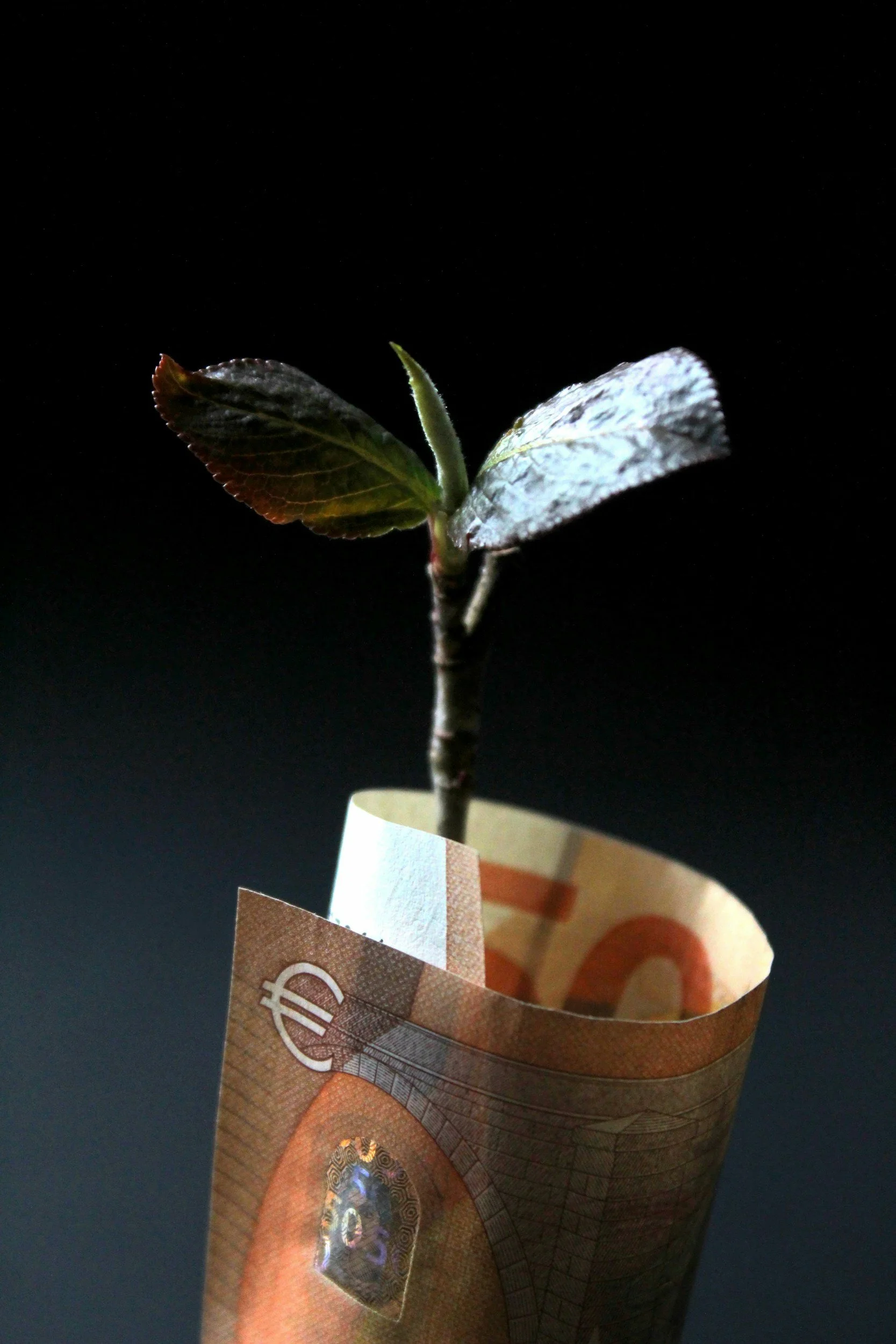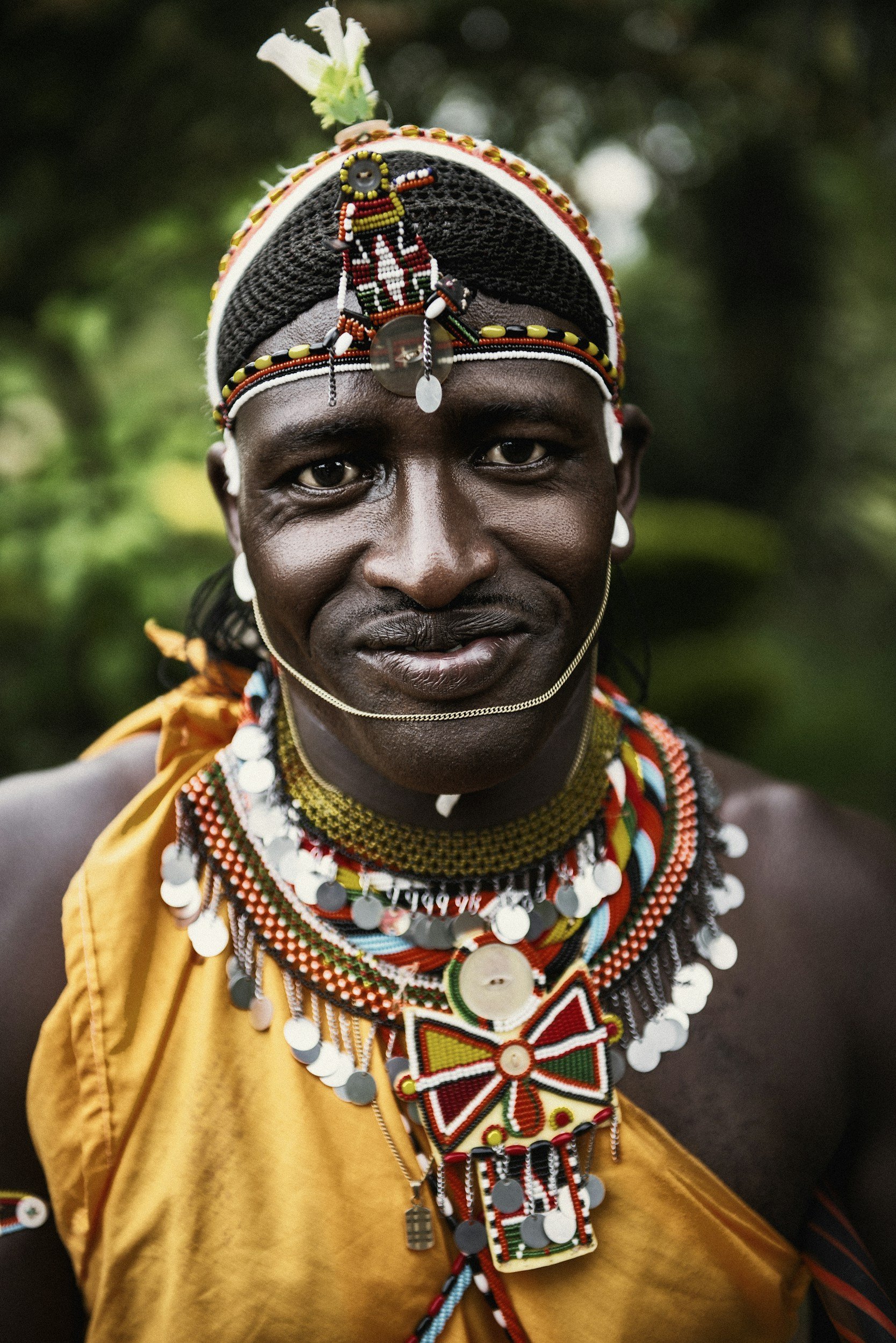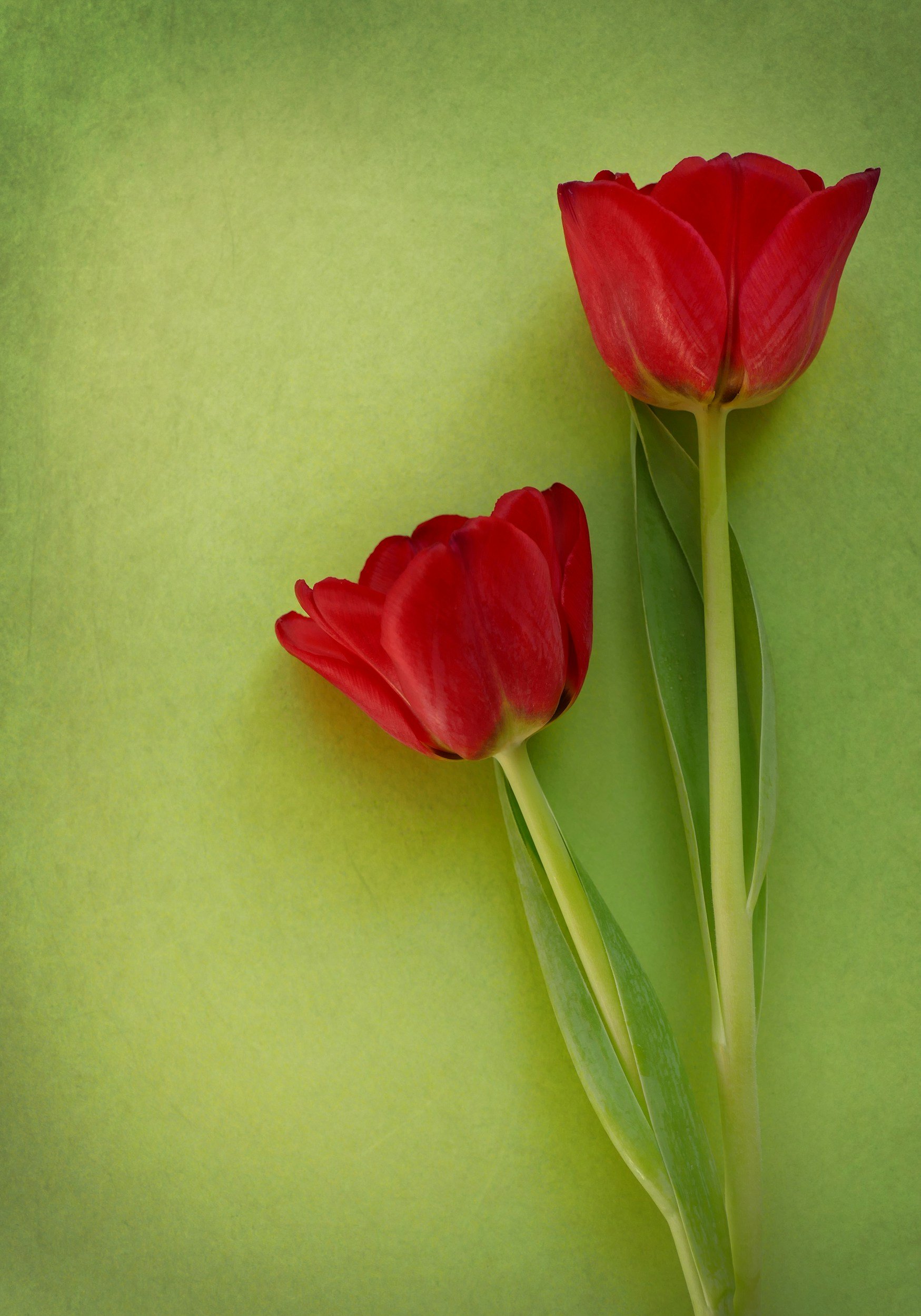Ekene: Cultivating Gratitude & Mindfulness in Your Spiritual Practice of Odinani
Ekene, which means gratitude, is a concept that is central to Odinani. Cultivating gratitude within Odinani encompasses a holistic approach to living mindfully and harmoniously with oneself, others, the enivironment and the universe. In this post, we will reflect on the essence of Ekene and offer practical ways to incorporate gratitude and mindfulness into your spiritual practice of Odinani.
Ekene As a Teaching of Gratitude in Odinani
Ekene, or gratitude, in the context of Odinani, should be a fundamental aspect of the spiritual and everyday life of a practitioner. It involves recognizing and appreciating the connection between all things and expressing thankfulness for the blessings of Ala (Earth), Chukwu (the Supreme Spirit), ancestors, and other spiritual entities. Ekene is not just an expression but a way of living that encourages a deeper connection to the divine and conscious respect for the world around us.
The Importance of Gratitude in Odinani
Spiritual Alignment: Gratitude aligns each person with the cosmic order, it promotes spiritual harmony and balance.
Community and Relationships: Expressing gratitude strengthens bonds within the community and improves interpersonal relationships.
Personal Growth: A practice of gratitude nurtures humility, compassion, and a positive outlook on life, it contributes to personal and spiritual growth.
Cultural Preservation: Gratitude as a way of life helps preserve and pass down the rich cultural heritage of Igbo people.
Cultivating Gratitude in Your Odinani Practice
1. Daily Rituals of Gratitude
Morning Offerings: Begin each day with a simple ritual of thanks to (Nne)Chukwu, Ala, your ancestors and all your spirtual guides. This can involve lighting a candle, pouring a libation, or doing Igo mmuo while offering words of gratitude for the gift of life and the blessings of the day.
Evening Reflections: End your day by reflecting on what you are grateful for. Write down at least three things you appreciated about the day, no matter how small.
2. Mindful Practices
Mindful Breathing: Incorporate mindful breathing exercises into your daily routine. Focus on your breath and the present moment, allow yourself to feel gratitude for the life force (Chi) that sustains you.
Nature Connection: Spend time in nature, recognizing and appreciating the beauty and gifts of Ala. Walk barefoot on the earth, listen to the sounds of nature, and express your gratitude for the natural world.
3. Gratitude in Action
Acts of Kindness: Show gratitude through acts of kindness towards others. Help a neighbor, volunteer your time, or simply offer a genuine compliment.
Community Service: Engage in community service activities that benefit others and the environment. This expresses gratitude through tangible actions.
4. Rituals and Ceremonies
Ancestral Veneration: Regularly honor your ancestors through rituals and ceremonies. Create an altar with photos, symbols, and offerings that represent your lineage and express thanks for their guidance and protection.
Seasonal Celebrations: Participate in or organize seasonal celebrations and festivals that honor the cycles of nature and express gratitude for the harvests, rains, and other natural phenomena.
Integrating Mindfulness into Odinani
1. Present Moment Awareness: Mindfulness is about being fully present in the moment. In Odinani, this can be practiced through:
Meditative Practices: Engage in meditation sessions that focus on the present moment, breathing, and visualization of gratitude.
Ritual Mindfulness: Perform rituals with full attention and intention, savor each step with reverence.
2. Mindful Communication
Active Listening: Practice active listening in your interactions with others, fully engage and appreciate their presence and words.
Gratitude in Words: Speak words of gratitude frequently, acknowledge and thank those around you for their contributions to your life.
3. Embodied Gratitude
Movement Practices: Incorporate movement practices such as traditional Igbo dances that promote bodily awareness and gratitude for physical health and vitality.
Sensory Awareness: Heighten your sensory awareness by savoring the tastes, smells, sights, sounds, and textures around you, expressing gratitude for the richness of your sensory experiences.
Concluding Thoughts
Ekene, or gratitude, is a cornerstone of the spiritual practice of Odinani. We can deepen our spiritual connection, improve our personal growth, and strengthen our community bonds by cultivating gratitude and mindfulness. Through daily rituals, mindful practices, or acts of kindness, integrating gratitude into our lives makes a harmonious and fulfilling existence possible. As we honor the wisdom of Odinani, let us remember to live each day with a heart full of Ekene (gratitude), appreciating the divine, our ancestors, and the beautiful world around us.
If you read this post until the end, take a moment to express gratitude to your forces and the people in your life that matter the most. Udo!





























